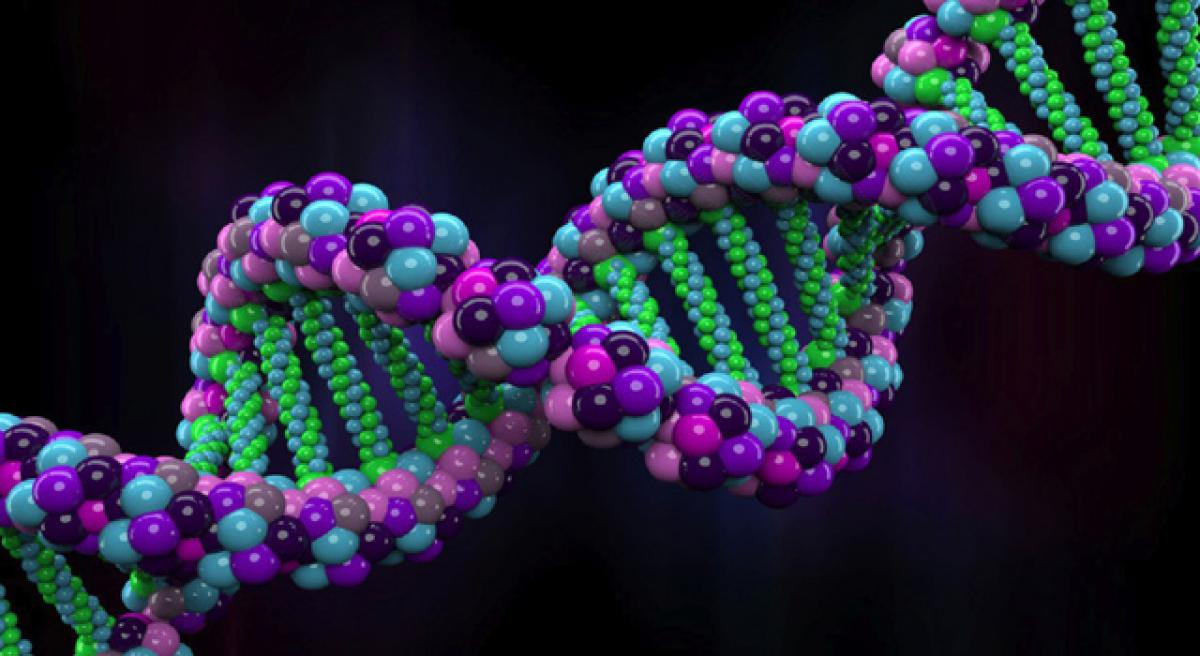Live
- APEPDCL to promote solar power extensively
- No LoP, but will continue spirit of Lokayukta: Lokesh
- No question of reducing Polavaram project height
- Constable found dead with bullet injury
- People told to be honest to get US visa
- Beneficiaries can now get 2 months pension in 3rd month
- 50 lakh benefited from Deepam-2 so far: Nadendla
- Promote handlooms, Minister tells people
- Tribals seek proper road facility to villages
- Bar Association members stage dharna
Just In

A team of international researchers has identified the genetic mutations involved in a rare, new and unnamed neurological disorder that emerged in siblings of two families from Pakistan and Oman.
New York: A team of international researchers has identified the genetic mutations involved in a rare, new and unnamed neurological disorder that emerged in siblings of two families from Pakistan and Oman.
"The new neurogenetic disorder due to mutations in GPT2," said Eric Morrow, Associate Professor at Brown University, US.
The GPT2 gene is expressed in the nucleus of cells. The mutations cause the developing brains without biosynthetic abilities to grow properly, and to deficits in metabolites that could help prevent degeneration, the study said.
The team began the investigation more than five years ago when they were studying two families in Pakistan and Oman with children whose symptoms included below-normal postnatal brain growth, intellectual disability and progressively worsening motor problems.
The children were able to walk by age of 3, yet a majority lost that ability later as motor control diminished in their legs, as a condition called spastic paraplegia emerged.
Spastic paraplegia is generally considered to involve a neurodegenerative cause, Morrow said. The team traced a genetic mutation to chromosome 16 and identified two specific mutations in GPT2.
Further, to learn how the mutations could cause the disease, the team created models in which the mutations were induced in human cells and also in mice.
Like the children with GPT2 mutations, developing mice with the mutations also showed reduced neural and brain growth.
While, the human cells showed that mutations led to reduced enzyme activity, the mutant mice engineered with a GPT2 enzyme deficiency showed abnormal brain metabolism.
In addition, when the researchers looked at the neurons of developing mice, they found that ones with the GPT2 mutations produced fewer synapses, the connections between neurons that make up brain circuits.
The researchers conducted large-scale profiling of metabolites in the brains of the mutant mice. They found in the GPT2 mutant mice abnormal metabolite levels related to amino acid metabolism, and pathways required for protecting neuron health.
The deficiencies in these neuroprotective metabolites, Morrow said, might explain why the disease appears to have a degenerative course.

© 2024 Hyderabad Media House Limited/The Hans India. All rights reserved. Powered by hocalwire.com







